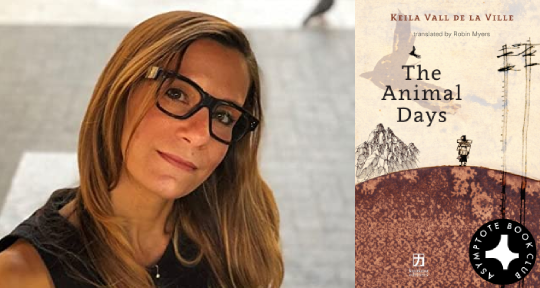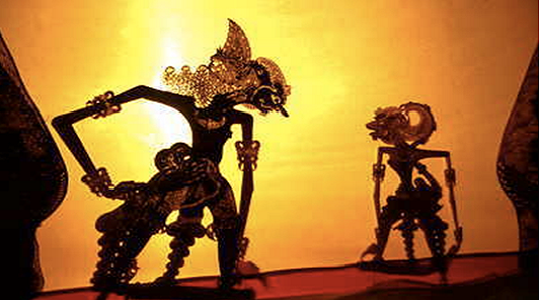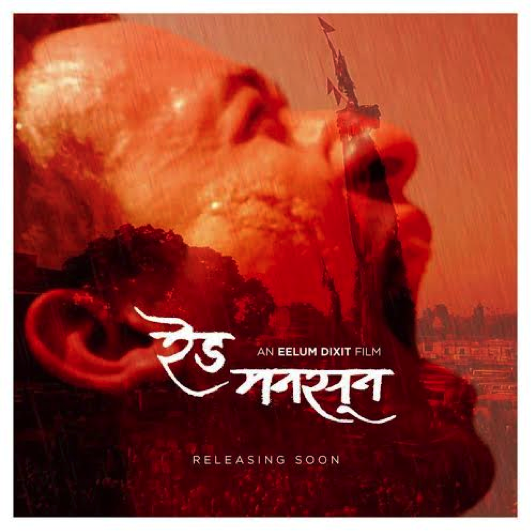Keila Vall de la Ville’s The Animal Days explores young adulthood at high altitude. The narrator pursues a passion for rock climbing as she struggles to navigate a similarly perilous life at home. But the world of climbing and her escape from civilization come with their own dangers, which close in as the narrative hurtles toward a suspenseful finale.
The Asymptote Book Club aspires to bring the best in translated fiction every month to readers around the world. You can sign up to receive next month’s selection on our website for as little as USD15 per book; once you’re a member, join our Facebook group for exclusive book club discussions and receive invitations to our members-only Zoom interviews with the author or the translator of each title.
The Animal Days by Keila Vall de la Ville, translated from the Spanish by Robin Myers, Katakana Editores, 2021
Rock climbing invites glib metaphors. Inspirational posters—prolific in offices where the only vertical challenge is conquered at the touch of an elevator button—often use summits to symbolize widely held values like perseverance and determination, but the experience of serious climbers is anything but universal. Their insular world trades on levels of pain, risk, and anticipation foreign to the average individual. Enough time in that world can warp perceptions of the other world—the one where the rest of us live. “Thanks to the mountain, you’re able to make out the mechanisms that dictate daily life, life on land. You come back different,” explains Julia, the young narrator of The Animal Days. “Now that your battery has been recharged, now that you’ve obtained this ultraviolet vision, you carry on until you need to plug back into the mountain again. Until everything starts to lose its luster.”
The Animal Days, Keila Vall de la Ville’s third work of fiction and the first to be translated into English, invites readers into the climber’s rootless milieu. Julia’s journey is a world tour of precipices, as she balances her obligations to her dying mother against an escapism inherited from her absent father. Estranged from her everyday surroundings, she finds intimacy among her climbing friends, who provide a respite from her internalized abandonment, and who alone can understand the peaks and falls of a life on ropes. They shirk steady jobs and spend their time chasing both chemical and literal highs.







